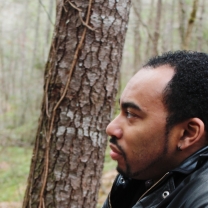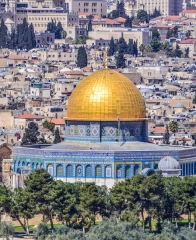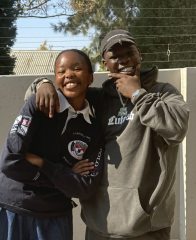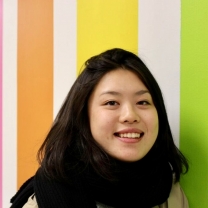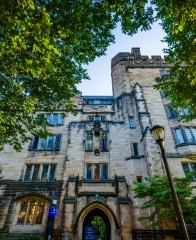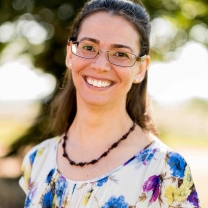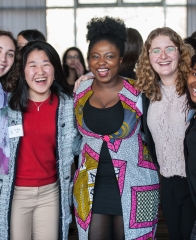 / Mosuo Culture in Yunnan, China
Subscribe
/ Mosuo Culture in Yunnan, China
Subscribe
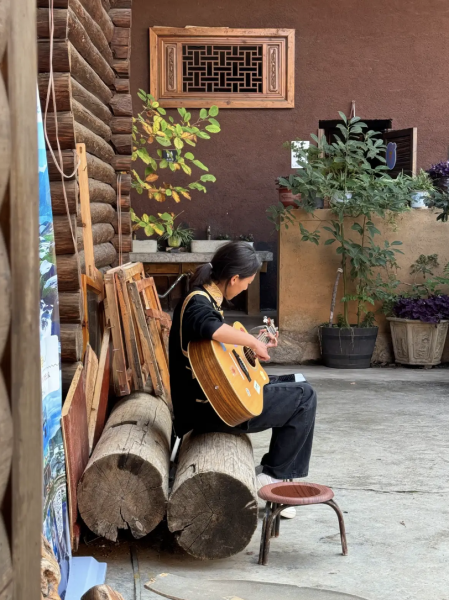
The fellowship itself allows a large degree of flexibility in my own plan and design.
From the beginning, I reached out to Professor Giersch in the history department to see if he has any connection in Yunnan that can provide me with assistance of interview or accommodation. Under his friends’ support, I was able to establish contact with a local private museum that specializes in preservation and introduction of Mosuo culture. Then, I was able to come up with a schedule by myself fully supported by the funding of the MacFarquhar Fellowship. The generous amount given by the Fellowship enabled my plan to travel to multiple villages, which yielded relatively unbiased and comprehensive observation and profound interview opportunities.
The preparation stage went very well, since I received help from a lot of people including professors, local residents, and relevant scholars. Most importantly, China is my home country, so that there was no language barrier or additional obstacles from cultural segregation. Although my topic of investigation is a minority culture, it is not so under-explored so that I cannot access any prior research about it. Moreover, Mosuo culture has attracted many foreign scholars before. I also learned these foreign scholars’ perspectives from their articles and videos. Overall, I was able to come up with my own impression and perspective as I approach the matrilineal culture in Mosuo society.
Interestingly, I came under the influence of professor He Zhonghua’s theory that matrilineal culture in Mosuo society is a selection based on best survival measures instead of a worship of matrilineal society in ancient world. This seems to best explain the reason why that Mosuo, under the challenge of patrilineal culture, still kept the matrilineal selection of their own, while gradually allowing their offsprings to freely choose monogamy if they deem the latter to be better suitable for themselves. But no matter why the matrilineal tradition is preserved, it certainly offers another choice outside the patrilineal world in which most of the Western and Eastern societies operate.
The biggest challenge I faced was my worry for my identity as an outsider. I was afraid that I might appear offensive and condescending if I were to inquire about their traditions about marriage and sex. However, through my sincerity, I realized that they are able to see that I am an ardent knowledge-seeker instead of someone urgently wanting to confirm one’s own assumptions. When they point out that it might not be the case that they preserve matrilineal tradition just because of feminism, I totally respected their interpretation and took notice of that. Therefore, our communication went very well.
This experience greatly encouraged me to become a scholar, building up my strength and resilience. When I got to Yunann and told the museum assistants about my plan, they were impressed that I was able to come up with the whole plan and gather support from my school. This experience throughout is designed and accomplished by me alone, which turned out to be a success. Now I feel more confident about my future potential research.
